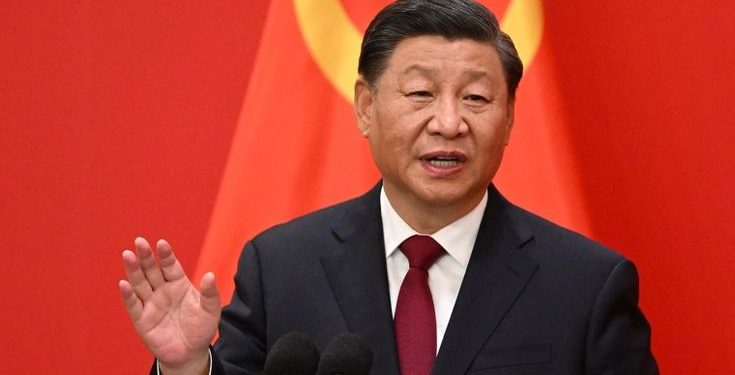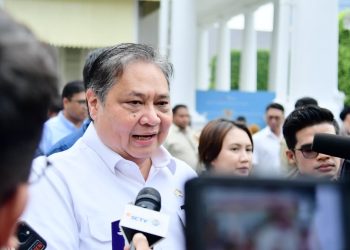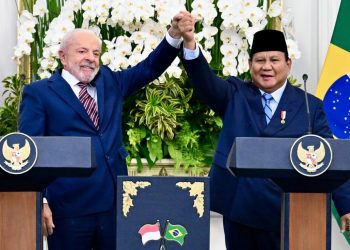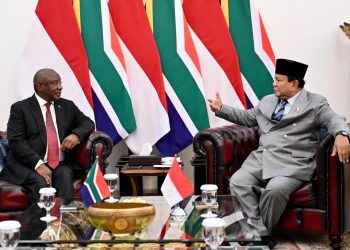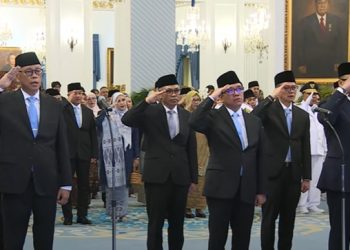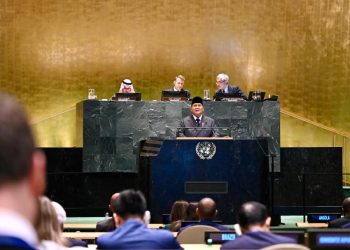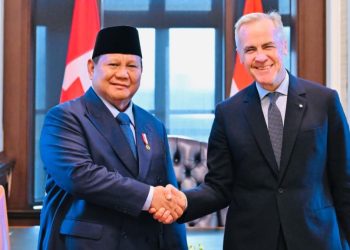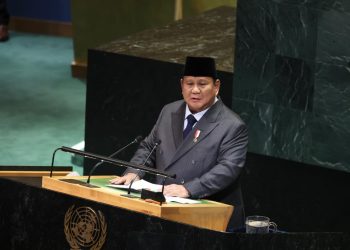Jakarta, Indonesia Sentinel — China has called on the United States to fully revoke the 145% reciprocal tariffs imposed under former President Donald Trump, amid escalating trade tensions between the world’s two largest economies.
“We urge the United States to take concrete steps to correct its mistakes, completely eliminate the wrongful practice of reciprocal tariffs, and return to the path of mutual respect,” a spokesperson for China’s Ministry of Commerce said in a statement on Sunday (April 13), as reported by AFP.
The renewed trade conflict often referred to as the second wave of the U.S.-China trade war has seen both sides raise tariffs beyond 100% as the battle escalate, rocked the global markets.
On Thursday (April 10), Trump announced a sharp increase in tariffs on all Chinese imports, raising the rate to 145%, a steep jump from the 125% he declared just one day earlier.
China, in response, raised its own tariffs on American goods from 84% to 125%, marking its strongest retaliation yet against Washington’s trade measures in recent months.
Amidst the rising tensions, President Trump struck a conciliatory tone. In a press briefing on Friday, White House Press Secretary Karoline Leavitt said Trump remains optimistic about the possibility of reaching a deal with Beijing.
“The President has made it very clear that he’s open to a trade agreement with China,” Leavitt said on Friday (April 11), as reported by reuters. “If China continues to retaliate, it’s not good for China,” she added.
Leavitt emphasized that while the administration is open to negotiations, continued retaliatory measures from China would be counterproductive.
Read Also:
U.S.-China Trade War Intensifies, Trump Imposed 145% Imports Tariffs Against China
The tariff dispute dates back to Trump’s first term in office, when he initiated sweeping tariffs on Chinese goods in an effort to address what he described as unfair trade practices. The recent round of reciprocal hikes has reignited concerns over global supply chain disruptions and potential shocks to economic stability.
(Raidi/Agung)


